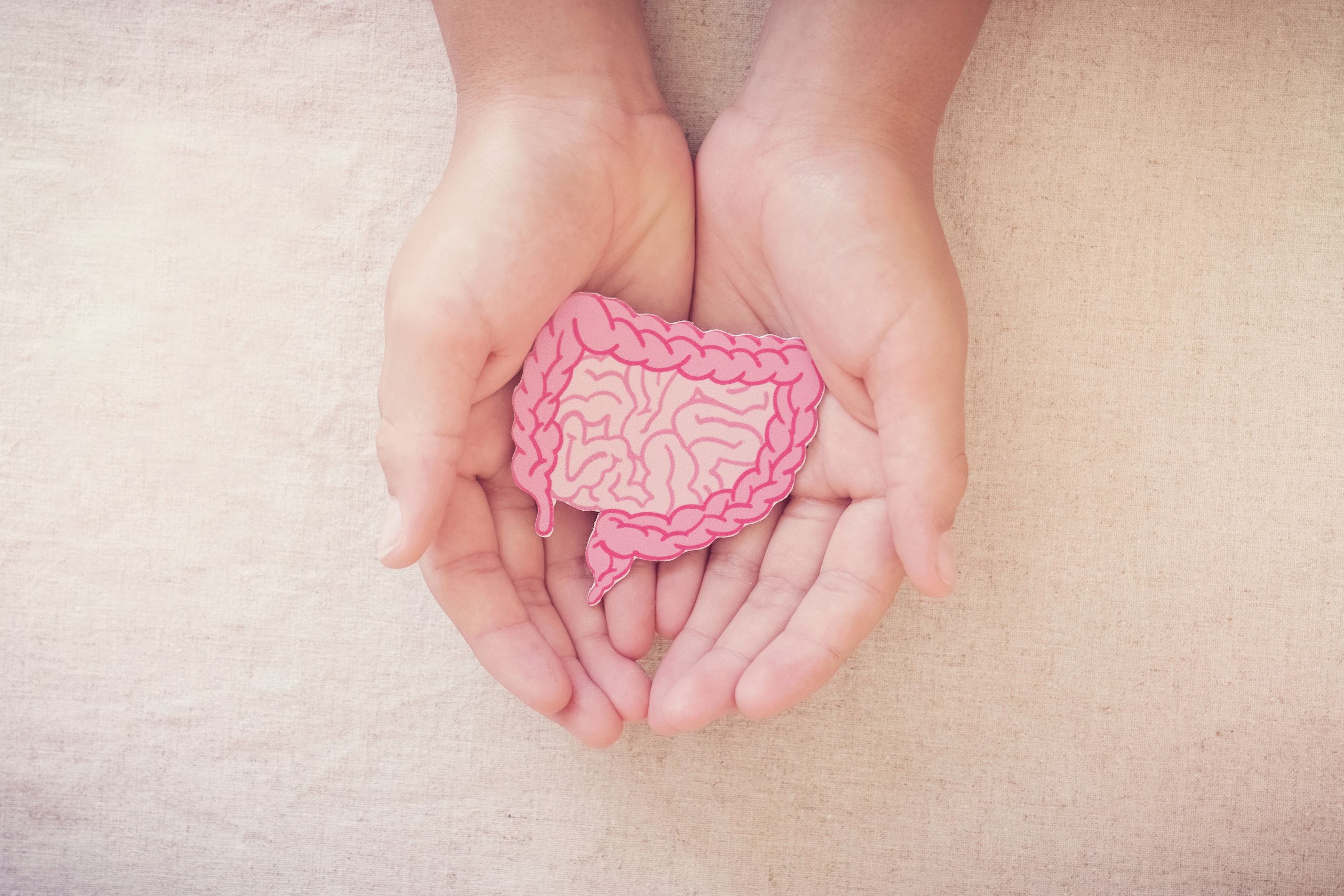We now know that gut health is important for overall health, especially skin health, thanks to new studies. It is often called the body’s “second brain,” and it is home to billions of bacteria that impact many internal functions, such as hormone regulation, immune response, and inflammation. When your gut health is off, like when you eat poorly, are stressed, or take medicines, it can show up on your skin as acne, eczema, and early aging.
On the other hand, having a strong stomach might help your skin and give you more energy. A healthy gut bacteria helps digestion and vitamin intake, which gives the skin the chemicals it needs to heal and grow again. The most important things that help build this bacteria are carbohydrates, prebiotics, and medicines. Prioritizing gut health through the right food and way of life helps people not only improve their skin condition but also show better overall health. This shows how these two important parts of health are clearly connected.
The Gut-Skin Axis: Understanding the Connection
There is a confusing link between skin diseases and the stomach system. This link is called the gut-skin axis. If the gut bacteria is out of balance, it could lead to inflammation, acne, and other skin problems. Sometimes called “leaky gut,” gut integrity problems can make the intestines more permeable. This lets poisons and chemicals that cause inflammation into the bloodstream and sets off immune responses that show up as skin problems.
Also, the gut bacteria is very important for controlling inflammation throughout the body. A diverse and strong microbiome may help the body better control its inflammation levels, which can lead to better skin. Gut health can be affected by food, environment, and drug use. For this reason, a healthy diet high in probiotics and prebiotics should be your first concern.
For clear, glowing skin, you need gut bacteria that is in good shape. Keeping the balance in the gut lowers the risk of skin problems and improves overall health. This shows how important the gut-skin connection is in beauty and health.

Impact of Diet on Gut Health and Skin
To support gut health and improve face look, it is very important to eat a healthy, nutrient-dense diet. A varied gut bacteria is good for your health in general. Diets high in probiotics, fermented foods, and fiber can help make this happen. Fiber is found in fruits, veggies, whole grains, and beans. It helps your body digest food and get rid of toxins, which keeps skin problems like acne and eczema at bay.
Probiotics, which are found in yogurt, kefir, kimchi, and other fermented foods, help keep the flora in your gut in balance. This balance lowers inflammation, which could make your face clearer and more beautiful. Berries, nuts, and fresh greens are all high in antioxidants, which are good for your skin because they fight oxidative stress.
Some meals should also be avoided for improved skin as well. Processed food, too much sugar, and high-fat dairy could worsen skin problems and induce inflammation. Moreover, processed carbs could throw off blood sugar levels, which fuels breakouts.
Good gut health created by a diet heavy in fiber, probiotics, and nutrient-dense meals positively improves skin look. Reducing processed and inflammatory meals can help to improve these results even further.
Gut Health and Mental Well-Being
The gut-brain relationship is very vital for mood regulation, mental clarity, and stress management as well. Using the vagus nerve and other routes, trillion of bacteria in the stomach communicate with the brain. Declining gut health might lead to anomalies in neurotransmitters like serotonin, which usually triggers increased anxiety and mood swings.
On the other hand, stress and worry might seriously damage gut health, aggravate disorders like irritable bowel syndrome (IBS) and cause skin problems like acne and eczema. Long-term stress-induced high cortisol levels might upset the gut flora, therefore aggravating physical and psychological health.
Conversely, keeping gut health could contribute to enhance emotional balance and overall well-being. A diet heavy in whole foods, prebiotics, and probiotics can change gut flora, thereby stabilizing mood and reducing stress. Giving gut health first importance enables individuals to improve not only their mental clarity but also their skin problems and emotional resilience, therefore fostering a healthier, more balanced life.
Tips for Improving Gut Health for Better Skin
People may make some simple lifestyle adjustments to help with gut health and skin clarity. Maintaining enough hydration is crucial; water helps break down food and absorb nutrients. A balanced diet high in whole grains, fruits, vegetables, and fiber helps to encourage gut flora variety. Regular exercise is also very important as it boosts overall health and promotes digestive action.
Apart from these habits, probiotics and prebiotics will substantially enhance intestinal condition. Probiotics provide beneficial microorganisms while prebiotics feed these bacteria, therefore enhancing a good gut environment.
Improving digestion will show up as obvious changes in skin clarity. A well-functioning stomach helps lower bodily toxins and inflammation, which may show up as better, cleaner skin. Usually following digestion is general wellbeing, which increases energy levels and enhances mood.
Through concentrating on hydration, diet, exercise, and the strategic use of supplements, people may significantly enhance gut health, therefore benefiting their general health as well as skin condition.

Conclusion
The important link between gut health, skin health, and overall well-being is becoming recognized as a good gut flora may drastically influence skin diseases and general vitality. By following a diet heavy in probiotics, fiber, and water—which supports gut health—people may make important steps toward improved skin and higher energy levels. While cutting processed sugars and bad fats, such habits can include including more fruits, vegetables, and fermented foods. These little but significant lifestyle and dietary modifications may help to improve general wellbeing and show a vivid complexion, therefore demonstrating that changes in skin health usually start with gut equilibrium. In the end, giving gut health first priority not only provides a route to perfect skin but also a complete method for energizing from the inside out.









